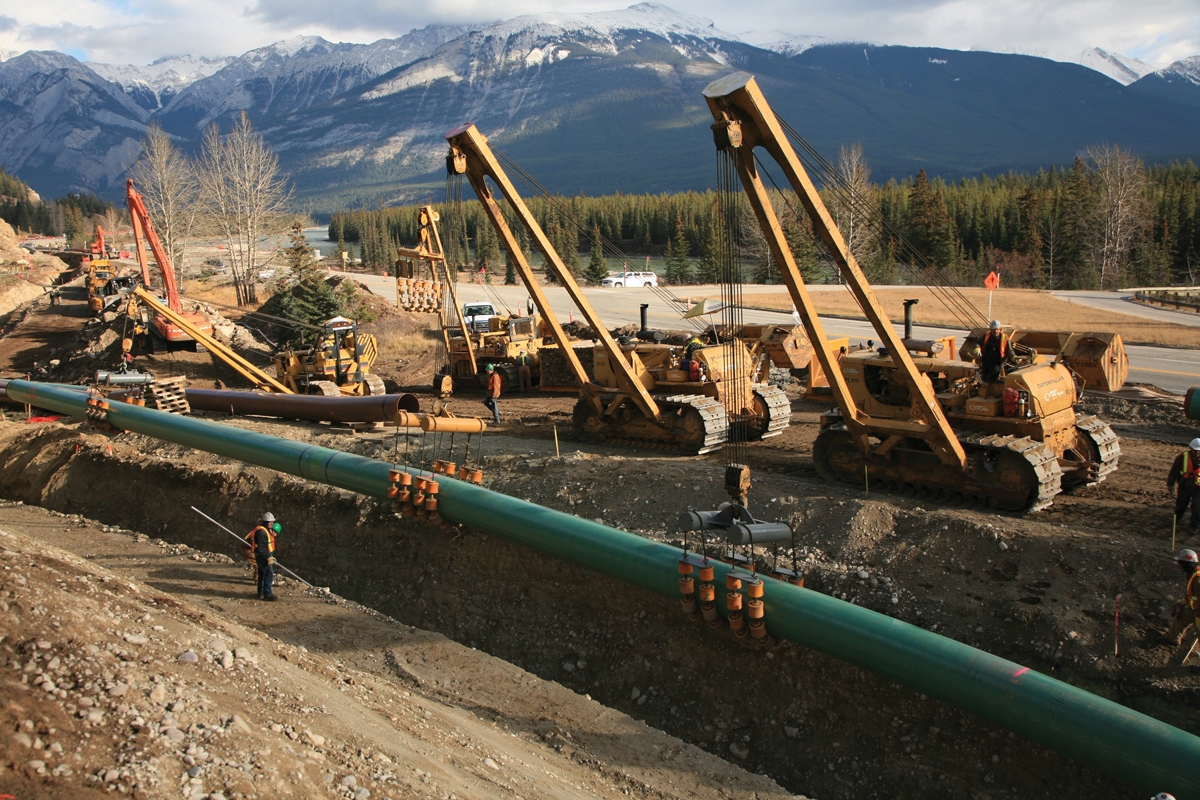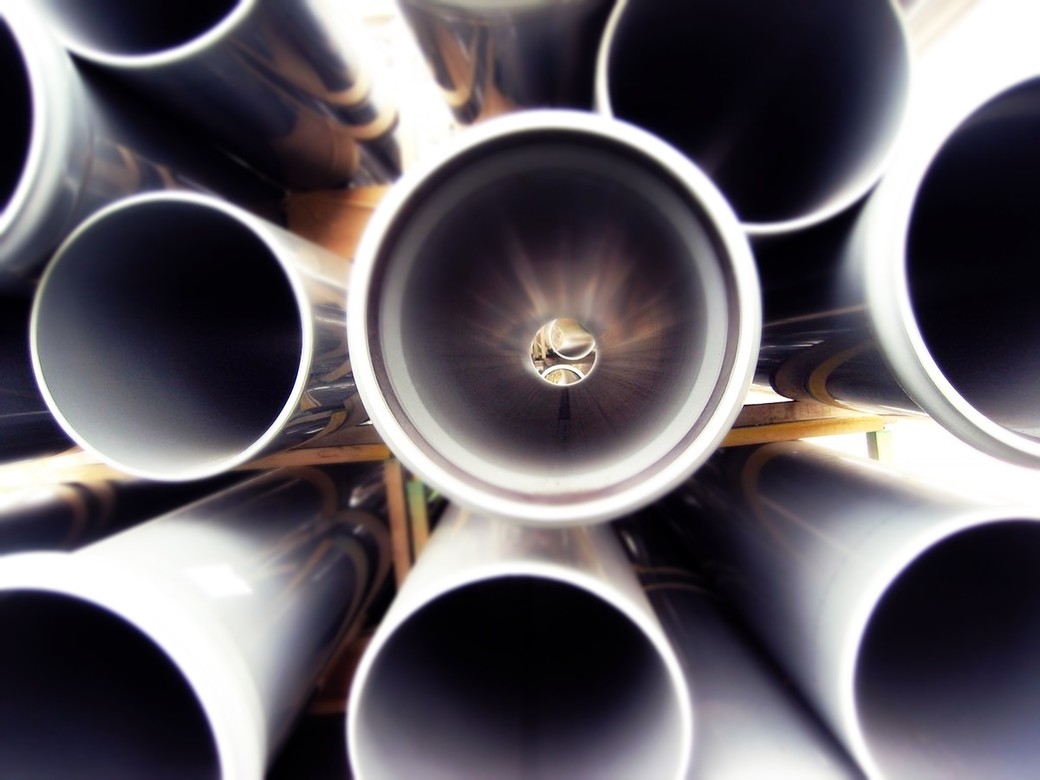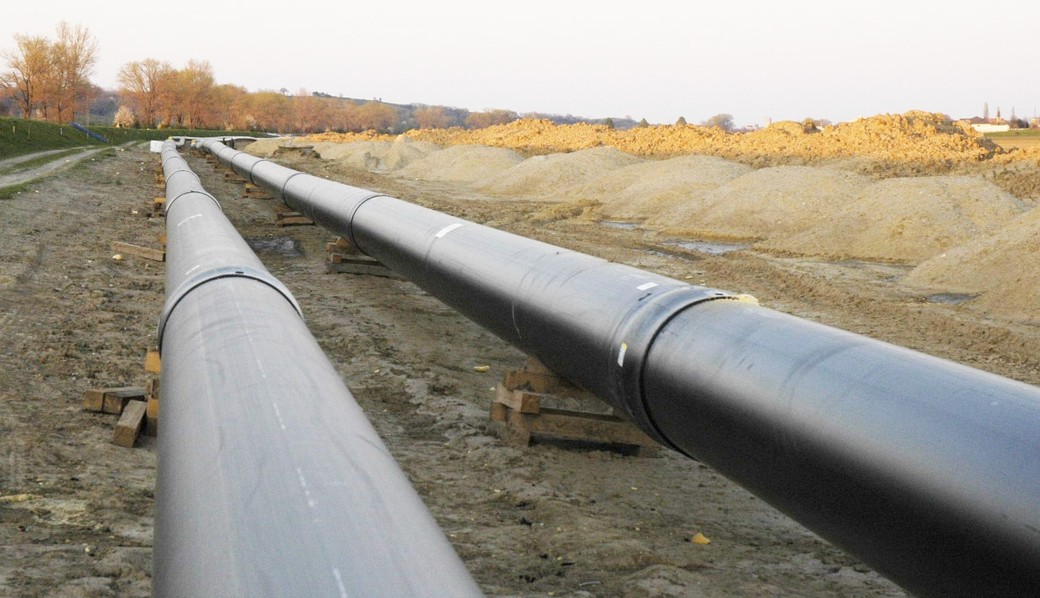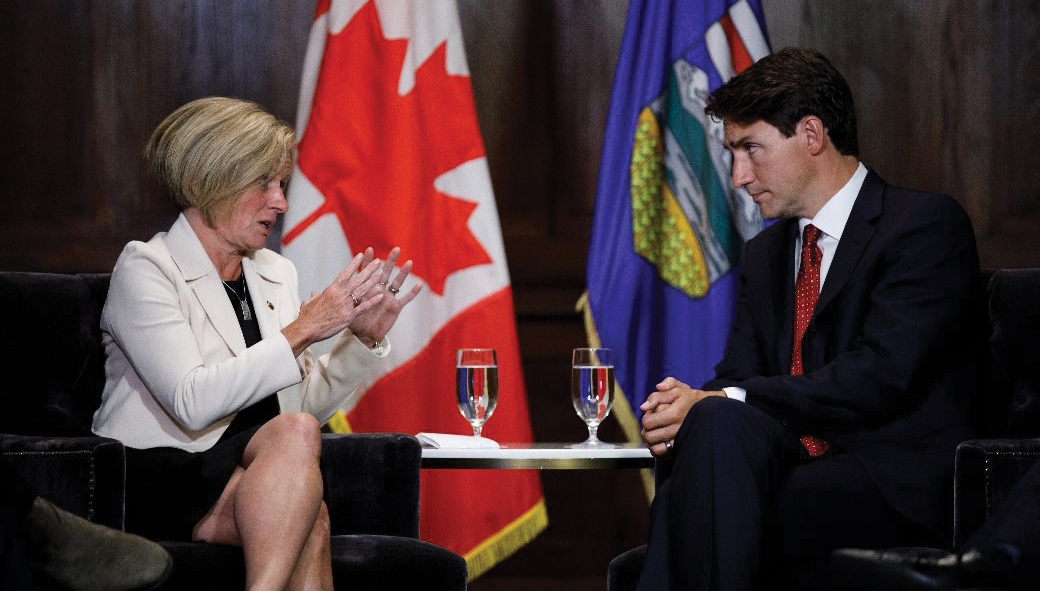
Pipeline Construction – The Federal Stance
Energy exports, particularly oil and gas, are a key pillar of the Canadian economy, support hundreds of thousands of jobs in Canada and provide great wealth to the nation. With the 2015 Federal election just around the corner, Canadians are focused now more than ever on the three major federal parties’ views on energy exports and pipelines.
The Governing Conservatives
The Harper government energy policy is based on the premise that global demand for oil continues to surpass supply and that if given the option, the western world would rather buy energy from stable democracies like Canada. The Conservatives believe that the energy industry should be free to grow with limited intervention, including policies to curb carbon emissions, while being focused on the economic growth potential of further energy development. They have supported rules and legislation to ensure companies can grow their energy business with limited government intervention.
They support incentives, preferences and rules that encourage companies to invest in research innovation and technology to develop the most efficient methodologies for the extraction of Canada’s energy resources. Today, Canada ships 99% of its oil exports to the U.S., and U.S. companies are the largest foreign investors in Canadian oil and gas. Over the past two decades, more than half of the US$103 billion in foreign acquisitions by U.S.-based oil and gas companies have been of Canadian producers, (according to data compiled by Bloomberg). The Conservative government policy is to keep and hold on to the American market while diversifying where possible to sell more Canadian energy to the global market. It supports the building of the Keystone Pipeline to move Canadian oil south through the United States to the Gulf Coast refineries and the Northern Gateway pipeline to transport oil to Canada’s Pacific coast. The Conservatives also support the Energy East pipeline to move oil east from Alberta to Saint John, New Brunswick and then on to global markets (Europe). The Conservatives are reluctant to have Canada move unilaterally with climate-change regulations for the oil and gas industry without a matching effort from the U.S. that would keep the two countries on an equal competitive footing. They believe the energy sector is one which requires continental action, noting that the Americans are now a growing supplier of energy resources and in competition with Canada. The Conservatives' policy is that they will not toughen existing rules to cut carbon emissions from oil producers until the U.S. takes similar steps. Prime Minister Harper has said he will support joint emissions rules with the United Sates and has encouraged President Obama to pursue that track with Canada.
The Official Opposition-New Democratic Party
NDP leader Tom Mulcair and New Democrats are against the development of the Northern Gateway pipeline. Mulcair called the decision to proceed “arbitrary and inappropriate and without consideration for First Nations rights, the environment, the risks or the will of the people.” (The NDP are also against the proposed expansion of the another B.C. pipeline called the Kinder Morgan Trans Mountain pipeline). The NDP’s opposition to the project is based on concerns about the increased environmental risks of an expanded pipeline, the protection of value-added jobs and the impact of dramatically increasing tanker traffic on the British Columbia coast. However, Mulcair has publicly stated the NDP’s support for both the proposed Energy East pipeline and the Enbridge Line 9 reversal, saying shipping and refining within Canada will produce Canadian jobs.
The Liberals
Liberal leader Justin Trudeau agrees that pipelines to move raw resources to market should be supported by government, but is critical of the process. In a 2013 speech to the Calgary Petroleum Club he said, “Whether it is the bullying around Keystone and Northern Gateway, or the Conservatives’ one-sided approach to regulation with Bill C-38, or the demonization of people who care about the environment, the message … is black and white, us versus them, and you are either with us or against us.” Trudeau has stated that the Liberal Party supports the Keystone XL and Energy East pipelines, but has come out firmly against the current proposal for the Northern Gateway saying it is too risky for the economies of fishing and tourism at the terminus on the west coast. He has not yet said if he would support a pipeline going west to British Columbia along a different and less eco-sensitive route.









